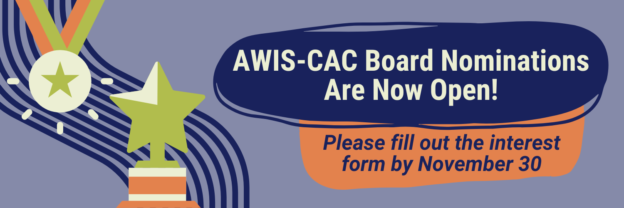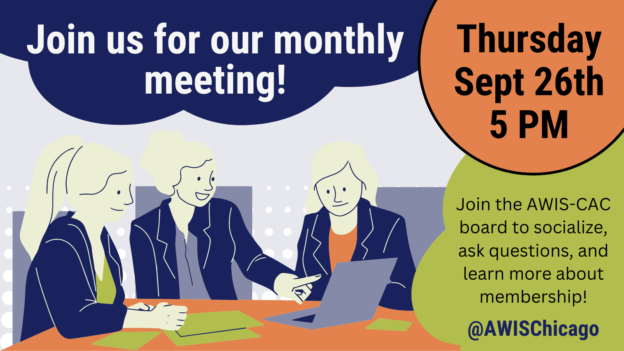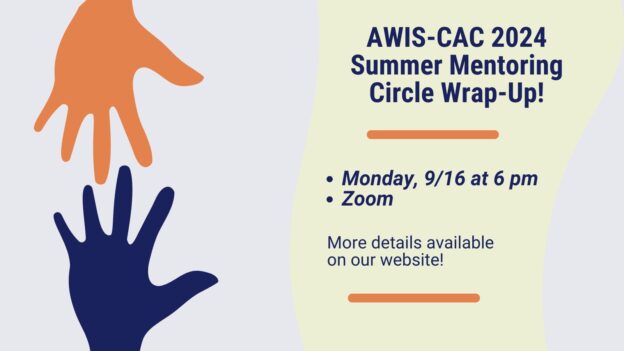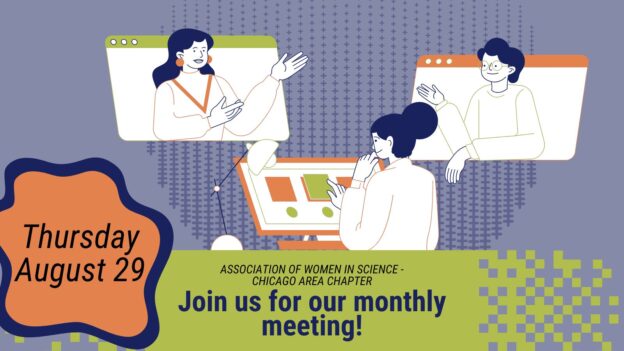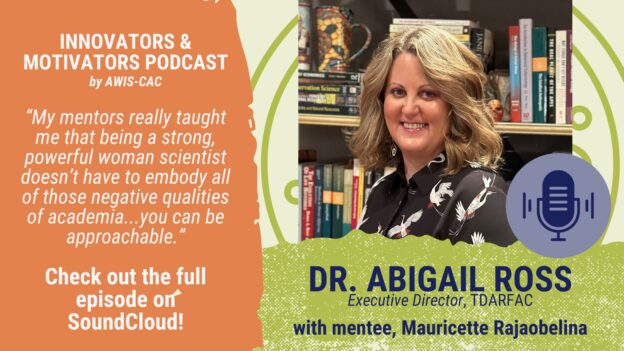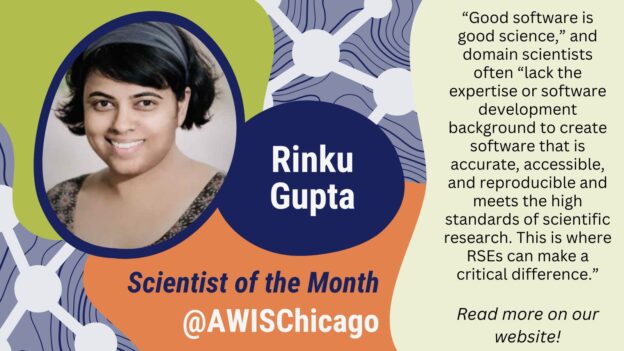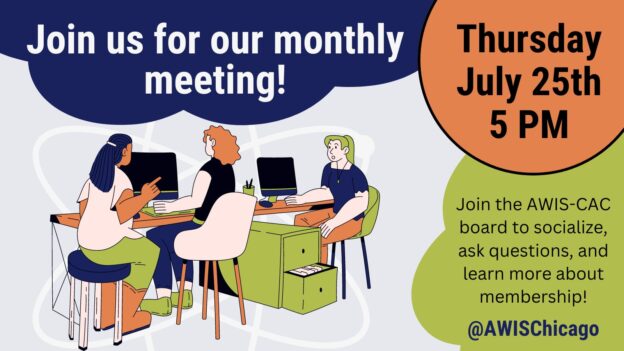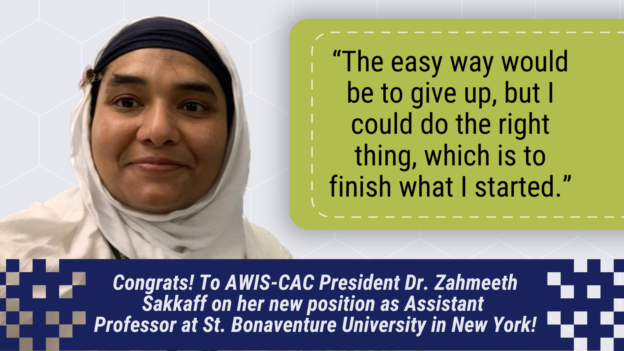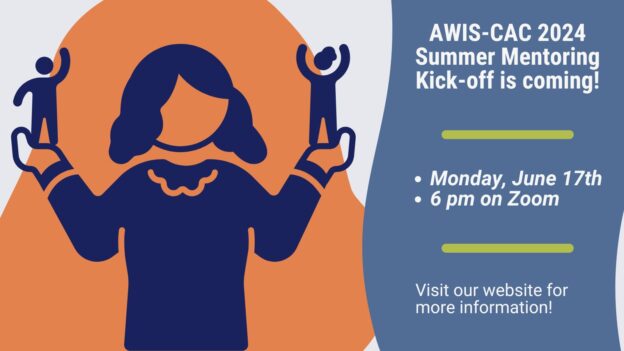by Elodie Kadjo
Zahmeeth Sakkaff is an assistant professor at St. Bonaventure University in New York. She holds both a master’s degree in computer science and a Ph.D. in computer engineering from the University of Nebraska, Lincoln. Her remarkable contributions to computational and machine learning research have earned her numerous awards, including the prestigious 2018-2019 Dean’s Fellowship for outstanding academic performance and scholarly potential from the University of Nebraska, Lincoln.
Born in Sri Lanka, Zahmeeth’s childhood was shaped by the civil war that erupted in her country in 1983. Among the many challenges posed by the conflict, a dysfunctional education system denied many students the opportunity for a proper education. Zahmeeth remarks with a smile that a Ph.D. and a career in academia were never part of her dream growing up. Despite her challenging upbringing, she recognized that everyone possesses a unique set of skills. Hers revolved around a love for reading and listening.
The constant encouragement from her mother played a pivotal role in Zahmeeth’s choices. Despite societal expectations that women should stay at home and care for the family, her mother urged her to pursue education. After an unconventional high school experience, Zahmeeth embarked on a one-year diploma certification program in computer science. She recalls, “In the mid-1990s, with the rise of OS Windows and computers, I decided to study computer science.” Following her certification, Zahmeeth worked for a printing shop where her colleagues and customers recognized her potential, encouraging her to pursue an undergraduate degree.
At the age of 23, Zahmeeth enrolled in the Open University of Sri Lanka. The university’s self-study approach—where students received textbooks and studied independently—challenged her. “My computer science diploma helped me gain admission to take computer science classes,” she explains. There, she focused on chemistry, mathematics, and computer science courses.
Subsequently, Zahmeeth worked as a research assistant at the National Institute of Fundamental Studies (NIFS) in Sri Lanka. She pursued a Master of Philosophy in computer science at the University of Peradeniya, specializing in brain-computer interfaces. Zahmeeth completed her MPhil degree, winning the IEEE best student paper award for her research. Despite her qualifications, finding a job in Sri Lanka proved difficult due to political connections dominating job opportunities. Frustrated, her advisor encouraged her to take the GRE and TOEFL (an English proficiency exam for nonnative English speakers) exams and pursue a Ph.D. abroad. Zahmeeth reflects, “Before that, I hadn’t even considered other countries. But I now realize what an incredible learning opportunity traveling abroad is. I recommend it to everyone, especially young people.” Guided by her master’s advisor, Zahmeeth secured a full scholarship to the University of Nebraska, Lincoln.
Completing her Ph.D. journey was no easy feat. Zahmeeth had to adapt to a new culture, navigate the legal implications of her immigrant status, and hone her English language skills for academic use. Academically, she had to catch up on advanced computational techniques, as the U.S. standards surpassed what she was accustomed to. With a smile, Zahmeeth shares, “People come into your life as blessings or lessons. I had good friends and mentors who helped me navigate my new environment.”
During her time at the University of Nebraska, Lincoln, Zahmeeth focused on computational modeling of molecular communication channels in cell metabolism. Like many other scientists, she was often tempted to quit her program due to the inadequate support she received. However, she persevered thanks to the encouragement of her family, friends, and mentors. Her mother’s words resonated with her: “The easy way would be to give up, but I could do the right thing, which is to finish what I started.”
While at the University of Nebraska, Lincoln, Zahmeeth had the opportunity to participate in a summer internship at Argonne National Laboratory. This experience ultimately led her to a postdoctoral position there after completing her Ph.D. At Argonne, Zahmeeth actively engaged in mentorship programs, working with high school students, and participating in the Association for Women in Science (AWIS) Chicago Chapter. She fondly recalls the joy of collaborating with AWIS, meeting remarkable individuals, and finding exceptional mentors like Sara Pedron-Haba through the association. In 2022, Zahmeeth assumed leadership of the chapter, aiming to build relationships and acquire new skills.
After a four-year period at Argonne National Laboratory, Zahmeeth is transitioning to St. Bonaventure University in New York for a tenure-track position. She chose academia because she wanted to share the knowledge she had gained, paving the way for future generations. Her primary goal is to mentor women, as she herself never had a female mentor during her training. Despite progress, the underrepresentation of women in computer science remains a challenge, and Zahmeeth is determined to make a positive impact.
In her current role, Zahmeeth’s research focuses on applying natural language processing to biological systems, particularly in understanding cellular mechanisms through RNA sequencing. Her ambitious goal is to construct a biochat platform using protein sequences and apply machine learning and artificial intelligence in cybersecurity. However, the tenure track presents new challenges, especially after relocating to a new city. Balancing teaching responsibilities with research has led to a slower pace, but Zahmeeth remains committed to her mission.
As she steps down from the leadership of the Chicago chapter of AWIS, Zahmeeth reflects with a mix of sadness and positivity. She embraces the new challenges of her position and is grateful for the opportunity to teach and mentor other women in computer science.
The AWIS-CAC Board would also like to congratulate Zahmeeth on her transition to Assistant Professor at St. Bonaventure University! She has been fundamental to our organization and we wish her the best in all her future endeavors

